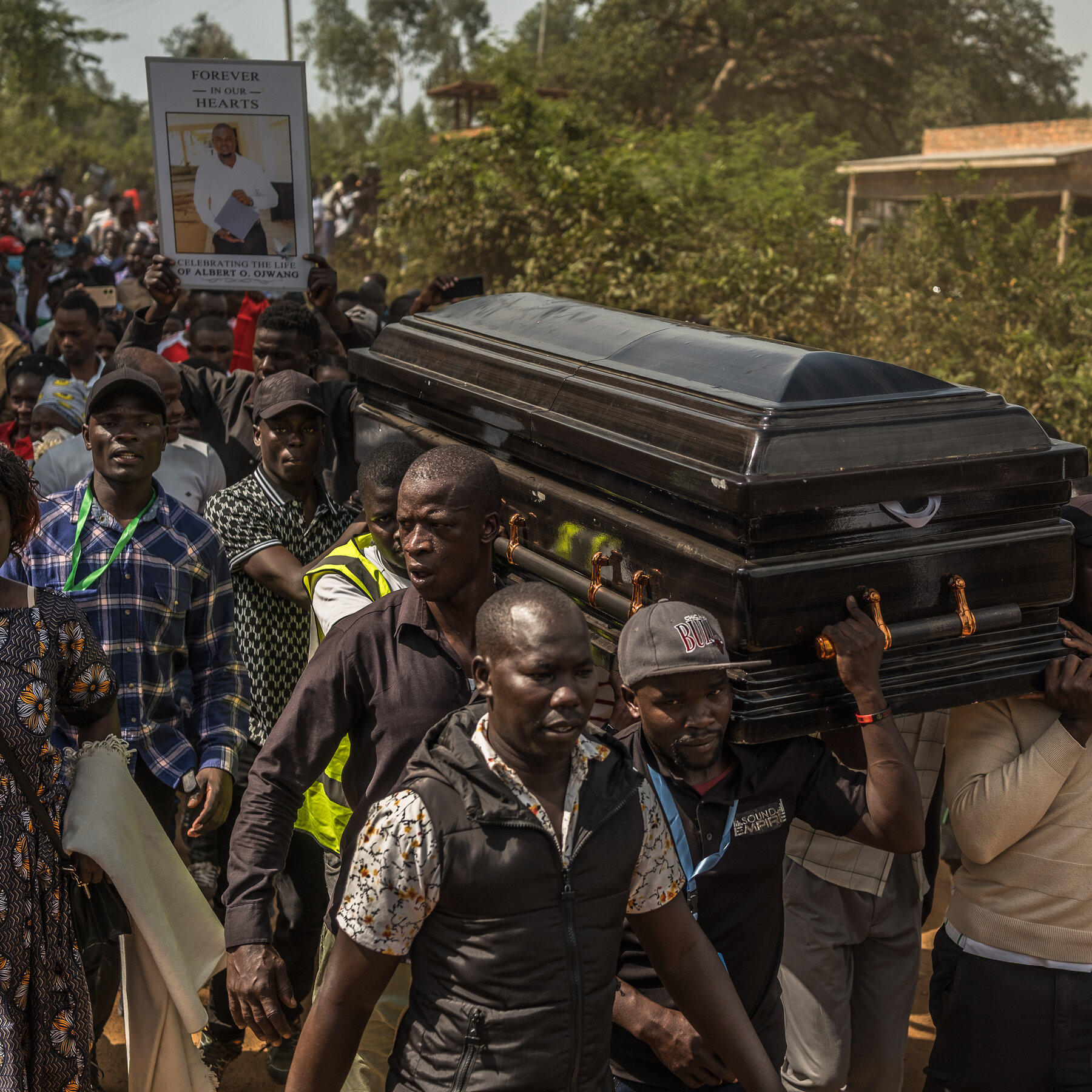Albert Ojwang Was Killed in Police Custody. Kenyans Are Not About to Let It Go.
Albert Ojwang Was Killed in Police Custody. Kenyans Are Not About to Let It Go.

At the funeral for Albert Ojwang, protesters in Kenya said his death was a call to action for the country’s youth.
Read the full article on NY Times World
Truth Analysis
Analysis Summary:
The article appears mostly accurate based on the provided sources. The central claim about Albert Ojwang's death in police custody and subsequent protests is well-supported. However, the snippet is limited, and the full article might contain additional claims that cannot be verified with the provided sources. There is a moderate bias towards highlighting the injustice of the situation and the perspective of the protesters.
Detailed Analysis:
- Claim:** Albert Ojwang was killed in police custody.
- Verification Source #1, #2, #3, #4, and #5 support this claim. All sources confirm that Albert Ojwang died in police custody. Verification Source #2 specifically mentions that the autopsy contradicted the police's initial claim of self-inflicted injuries.
- Claim:** Protesters in Kenya said his death was a call to action for the country’s youth.
- Verification Source #1 and #3 mention protests following Ojwang's death. Verification Source #3 notes that "thousands of young people and workers flooded" the streets. While none of the sources *explicitly* state that the death was a "call to action," the widespread protests, particularly among young people, strongly imply this sentiment.
- Overall:** The snippet is limited, and the full article likely contains more details. However, based on the provided snippet and sources, the core claims are verifiable.
Supporting Evidence/Contradictions:
- Agreement:** All sources agree that Albert Ojwang died in police custody under suspicious circumstances. Verification Source #2 provides crucial evidence that the autopsy contradicted the police's initial explanation.
- Agreement:** Verification Source #1 and #3 both confirm that protests erupted in Kenya following Ojwang's death.
- Lack of Coverage:** None of the sources directly quote protesters saying Ojwang's death was a "call to action." However, the scale and nature of the protests, particularly involving young people (Verification Source #3), strongly suggest that this was a motivating factor.
- Bias:** Verification Source #5, a Facebook post, explicitly calls the death "state-sanctioned murder," indicating a strong bias. The NY Times article, while not using such strong language in the snippet, focuses on the protests and their potential impact, suggesting a bias towards highlighting the injustice and the protesters' perspective.

